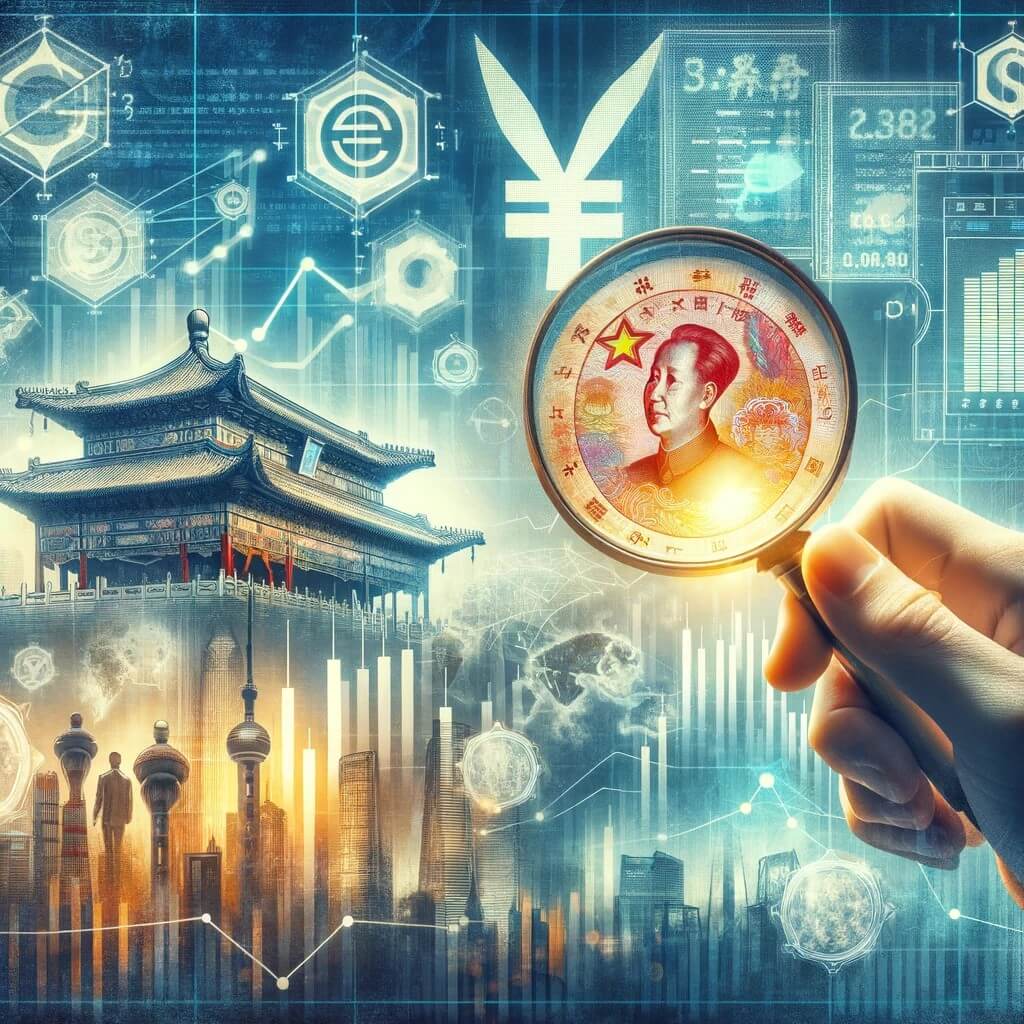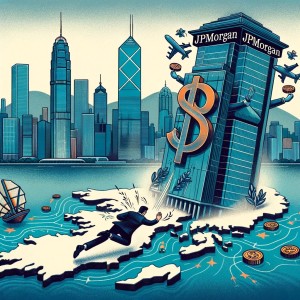China, the world’s second-largest economy, is currently navigating one of its most challenging economic periods.
Pan Gongsheng, the governor of China’s central bank, recently delivered a stark message to the financial community in Hong Kong, highlighting the nation’s departure from its long-standing reliance on property and infrastructure investment.
This shift marks a significant pivot in China’s economic strategy and underscores the complexities facing Chinese policymakers as they approach the central economic work conference, a key annual policy-setting meeting.
Navigating Economic Transition and Investor Expectations
The Chinese economy is at a crossroads, with Beijing aiming to recalibrate its focus away from infrastructure and property investment.
This shift leaves investors eagerly anticipating the government’s plan to stabilize the liquidity crisis among property developers and to support the local governments grappling with financial strains.
The eyes of analysts and market watchers are also on the Communist Party’s target for gross domestic product (GDP) growth in 2024, which will play a crucial role in determining the extent of fiscal support for the economy. This year, China set its growth target at 5 percent, the lowest in recent years.
However, despite a strong start to the year, investor and consumer confidence has been shaky. Both property and export earnings have underperformed expectations, leading policymakers to implement a series of measures.
In a bid to stabilize the sector, the central bank pledged to address default risks for major property groups and urged state-owned lenders to provide equitable financing to both private and state-owned developers.
Moreover, regulators are contemplating a “white list” of developers eligible for bank loans, debt, and equity funding.
The Road Ahead for China: Policy Measures and International Relations
China’s economic policymakers are now focusing on what is termed the “three major projects,” which include the renovation of urban villages, construction of social housing, and some public infrastructure spending.
These initiatives are expected to provide indirect support to the construction industry and property developers, potentially acting as a backdoor bailout for the latter.
Looking forward to 2024, the challenges are set to intensify, particularly as the economy will be comparing against a less favorable year-on-year base effect due to the previous year’s COVID-19 lockdowns.
Economists are calling for more credit support to developers, with projections of China’s economic growth around 4.4 percent next year. While the formal announcement of the 2024 growth target is expected during China’s annual parliamentary meeting in March, there is speculation that the government might target 5 percent growth again, a goal considered both challenging and achievable.
Amid these domestic economic shifts, China is also facing heightened tensions with its trading partners, particularly over its increasing exports of electric vehicles and other products.
The European Union has raised concerns about China’s export practices, pointing to potential overcapacity and unfair trade advantages. China’s response to these concerns, both domestically and internationally, will be critical in regaining economic trust and stability.
The country’s leadership has yet to indicate the timing or agenda of the Third Plenum, an important economic meeting traditionally held by the Communist Party. This meeting could potentially outline China’s plan for medium-term growth beyond next year.
Investors and international observers are watching closely for more specific policy measures and a clear direction for China’s economy. The challenge for Beijing lies in bridging the credibility gap and reassuring markets about its commitment to high-quality and sustainable growth.
As China endeavors to regain economic trust and adapt to a changing global landscape, the path ahead appears both intricate and pivotal for the future of its economy.





